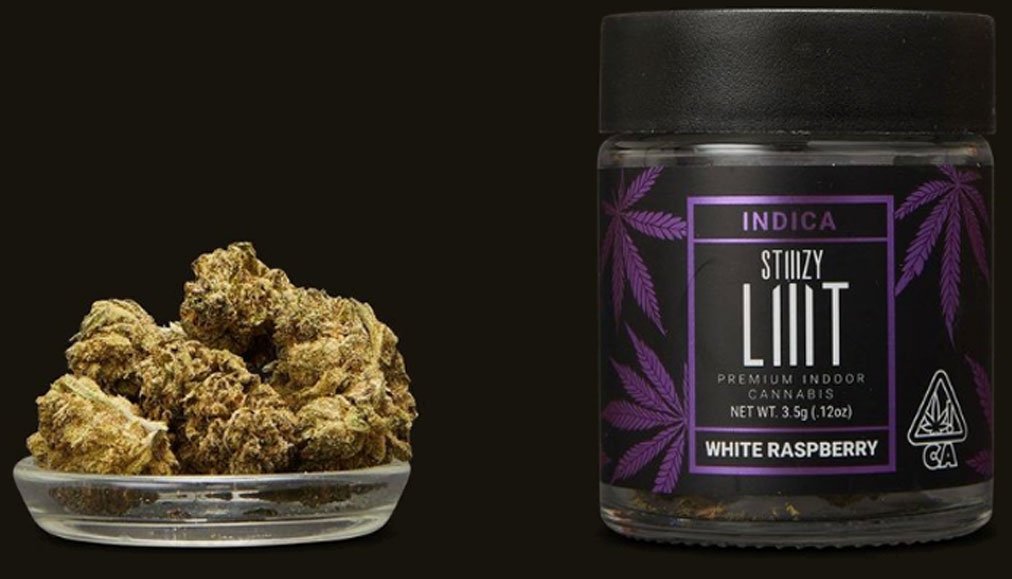Taking THC orally in the form of a tincture can be a great way to feel long-lasting, body-wide effects without eating an edible. Popularized in the CBD industry, some tinctures now contain THC instead, and others combine these two cannabinoids.
Plus, what’s up with this whole delta 8 thing you’ve been hearing about? We’ll get to the bottom of all of it in this in-depth guide to THC tinctures.
What is a high-THC tincture?
A high-THC tincture is an orally ingested cannabis product that contains high concentrations of the cannabinoid THC. Generally restricted to states that have authorized medical or recreational use of cannabis, THC tinctures have become popular due to the massive popularity of CBD tinctures, which are widely sold online. More recently, tinctures containing a synthetic form of THC have also begun appearing on the internet alongside tinctures with CBD, further confusing matters.
What is the difference between THC oil and tincture?
The terms “THC oil” and “THC tincture” are sometimes used interchangeably, but there can be a world of difference between the types of products to which these terms refer. Until very recently, THC oil almost always referred to the type of THC concentrate you vaporize, but this term is now also used to refer to THC tinctures due to a perceived similarity with their CBD counterparts.
What’s the difference between THC tinctures and CBD tinctures?
The only inherent difference between a CBD tincture and a THC tincture is the cannabinoid it contains. No two cannabis or hemp tinctures are exactly alike, though, since so many carrier oils and other additional ingredients are also used in oral tinctures. The labeling on a cannabis tincture should clearly indicate whether it contains CBD, THC, or both.
Which tinctures contain both CBD and THC?
These days, lots of tinctures combine CBD and THC. Even big-time hemp company Medterra now offers a CBD/THC tincture, and orally ingested products containing both THC and CBD are increasingly common in dispensaries throughout the country. The best CBD/THC tinctures contain simple ingredients and high-quality extracts.
What does the best THC tincture look like?
Let’s run down the top 4 qualities of the best THC tincture:
1. High potency
If you’re using a THC tincture, you aren’t messing around. You want to experience the full potency of his cannabinoid as quickly as possible.
2. No useless ingredients
Tincture manufacturers seem to have a fetish for adding artificial flavorings, sweeteners, and other useless or harmful ingredients to their THC-infused oral concoctions. All you really need is THC and a carrier oil, though.
3. Abundant product information
You want to know what you’re using before you take it. Companies that give information without being asked to have already done something to earn your trust.
4. Trustworthy producer
It may be a shame, but big names in cannabis are more likely to deliver high-quality products than brands you’ve never heard of before.
What is the best THC tincture in California?
We haven’t come across any tinctures in California we directly recommend yet. If you’re on the hunt for a high-quality oral THC product in the Golden State, we’d recommend ABX gel caps, which come in a variety of sizes and potencies. Doing away with the messiness of tinctures, these high-potency capsules certainly get the job done.
What are the best THC tinctures for anxiety?
To be useful for anxiety, a THC tincture should contain additional botanical ingredients that provide relaxing effects like lavender extract or chamomile. THC tinctures for anxiety that contain boosted levels of limonene might be more effective, and cannabis producers capable of making that distinction have already gone some distance toward earning your trust. Just watch out for any dangerous, artificial ingredients that might make your bad moment even worse.
Top THC tincture FAQ
Are there Indica THC tinctures?
Yes, many THC-infused tinctures lean toward the Indica side of things. Tinctures are usually associated with relaxation or low-key vibes, so indicas are a natural fit.
As you take a look at the THC tinctures currently on the market, though, you’ll find that very few mimic specific strains or even contain added terpenes of any variety. There simply isn’t a large enough market for THC tinctures yet for products to evolve that so neatly fit consumer needs.
Are there Sativa THC tinctures?
Some THC tinctures may contain terpenes derived from Sativa-leaning cannabis plants. Sativa tinctures are much rarer, though than their indica counterparts since sativas naturally clash with the relaxing effects tinctures should offer.
If you’re on the hunt for potent sativa effects, you might do better with a vape cartridge or some top-shelf flower. The true beauty of sativa is unlikely to shine through in any product you ingest orally.
Are there delta 8 THC tinctures?
Yes, some tinctures available on the internet contain the cannabinoid delta 8 THC. Naturally found in cannabis in very small quantities, delta 8 is almost always synthesized from another cannabinoid, making the vast majority of delta 8 products artificial.
The delta 8 industry is attempting to subvert onerous regulations put in place to control THC commerce in the United States. If delta 8 were a direct replacement of the type of delta 9 THC you can get at medical or recreational cannabis dispensaries, there might not be an issue.
As it stands though, delta 8 is not as trustworthy as delta 9, and some delta 8 products could even be harmful. Right now, delta 8 THC is more common in tinctures than delta 9, so pay close attention to what’s in your tincture before you buy it.
Are delta 8 tinctures safe?
Probably not. Unlike recreational cannabis markets, the delta 8 market is entirely unregulated, so there’s no way of determining whether or not a delta 8 tincture is safe. Plus, delta 8 is almost always a synthetic cannabinoid, which opens up a whole host of potential issues.

